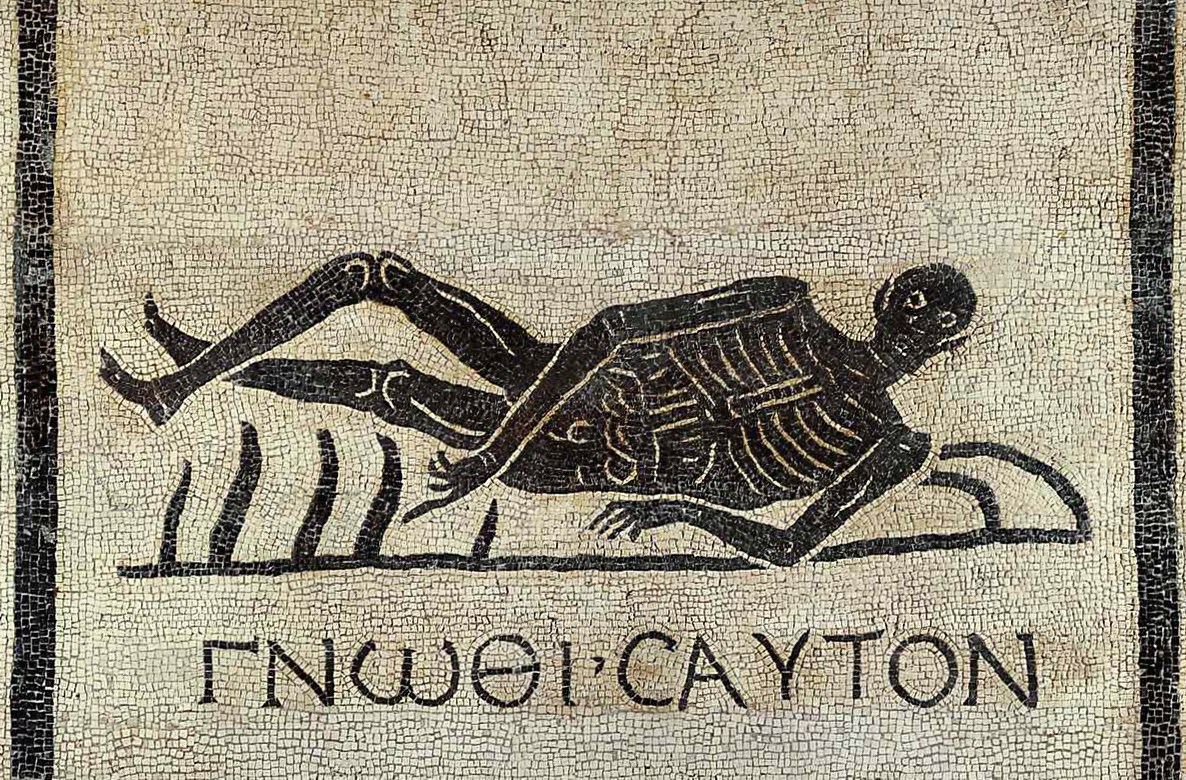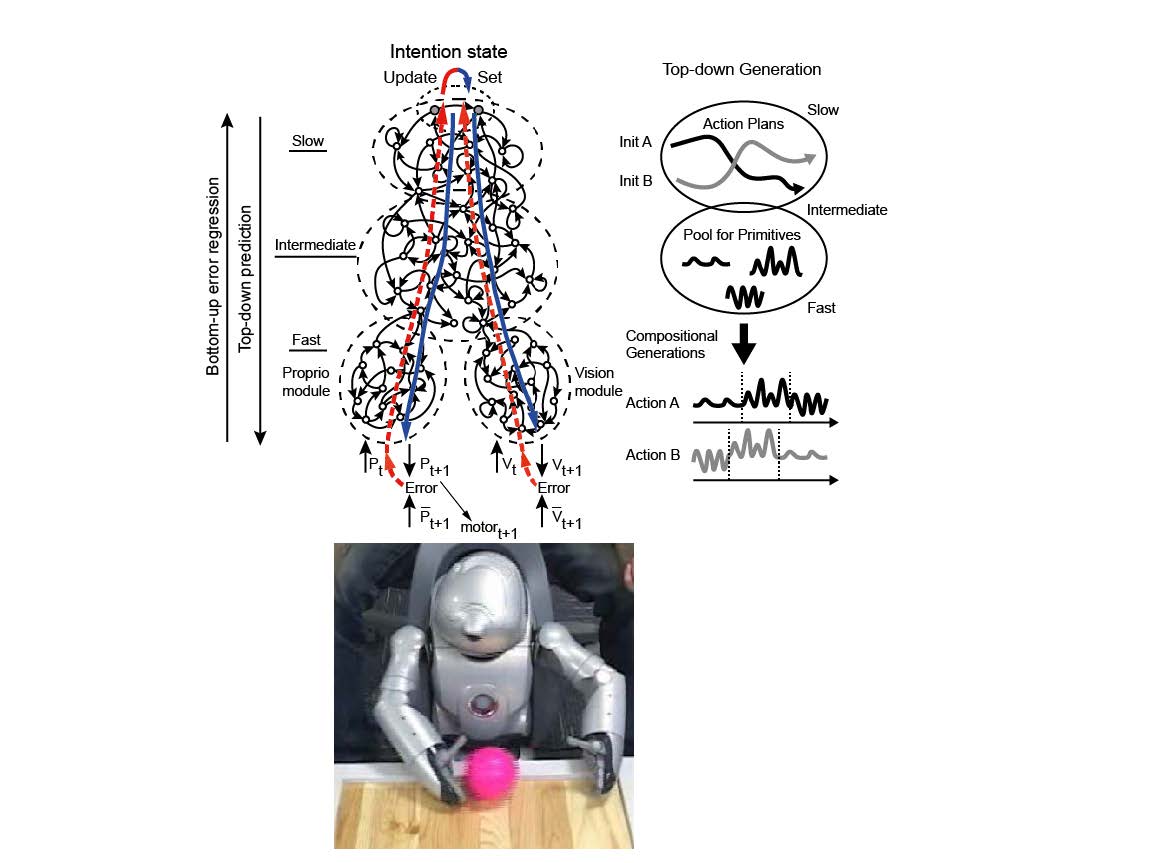The Varieties of Self-Knowledge
Despite their differences, all previously reviewed accounts have something in common. That is, they adhere to monism with respect to self-knowledge. What they all do is focus on one specific instance, provide what seems at least a prima facie suitable explanation and then try to generalize it to all other …





